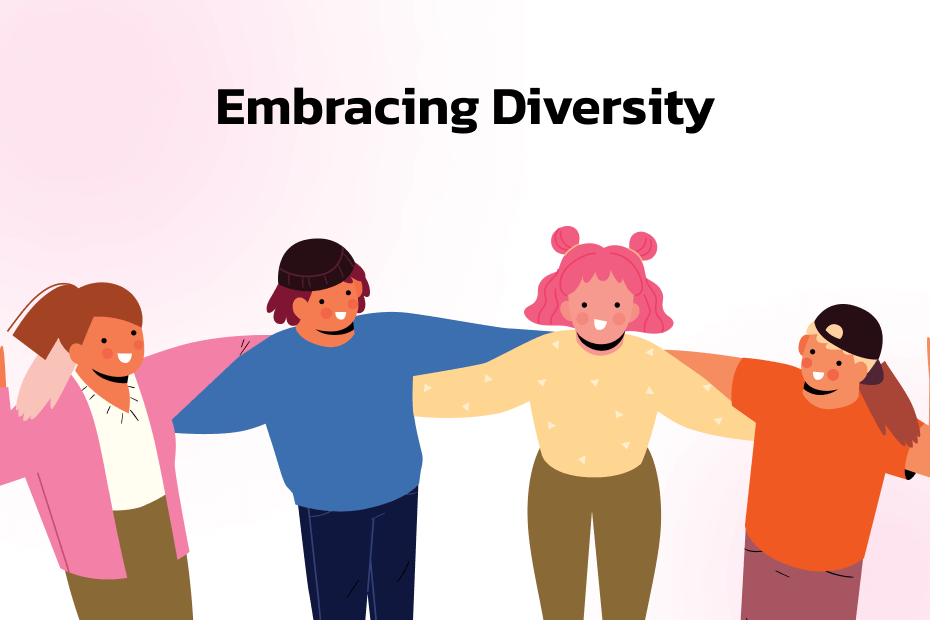The Web3 revolution is reshaping how we interact, transact, and engage with the digital world. Yet, as this innovative space evolves, a pressing question emerges:
Is Web3 as inclusive as it is progressive?
The need for inclusivity in the Web3 industry is not just a matter of social responsibility; it’s a foundational necessity to ensure a fair, equitable, and truly decentralized ecosystem.
Web3, at its core, promises a decentralized and democratized digital realm. However, this promise can only be fulfilled when all sectors and communities have equal access and representation. Inclusivity in Web3 is about ensuring that diverse voices and perspectives are not just heard but are instrumental in shaping the future of this technology.
The Risks of Exclusion in Web3:
- Limited Perspectives: Without diverse representation, Web3 risks perpetuating a narrow view that overlooks the unique needs and challenges of various communities.
- Inequality in Opportunities: The lack of inclusivity can lead to unequal access to the economic and social opportunities Web3 offers, widening the digital divide rather than bridging it.
- Innovation Stagnation: Diversity drives innovation. A homogenous Web3 space could hinder the creative problem-solving and varied approaches essential for true innovation.
Strategies for Fostering Inclusivity in Web3:
- Community Engagement and Education: Initiatives to educate and engage underrepresented communities about Web3 are crucial. This can involve workshops, online resources, and community programs designed to demystify the technology and encourage participation.
- Inclusive Design and Accessibility: Web3 platforms and applications must be designed with inclusivity in mind. This means ensuring accessibility for people with disabilities and creating user interfaces that cater to a broader audience.
- Supporting Diverse Leadership: Promoting diversity in leadership within Web3 projects and companies is vital. Diverse leadership brings varied perspectives that can shape policies and strategies towards more inclusive practices.
Allies in the Web3 space, especially those in positions of influence, have a critical role in advocating for and implementing inclusive practices. This involves actively supporting policies that promote diversity and being vocal about the importance of inclusivity.
Inclusivity in Web3 is not just a nice-to-have; it’s a must-have. As the digital world moves inexorably towards a decentralized future, ensuring that this future is inclusive is paramount. By embracing diversity and making intentional efforts to include all sectors of society, Web3 can fulfill its promise of a truly equitable and accessible ecosystem.
For more insights and to join the conversation on inclusivity in Web3, visit Merkle Labs and explore our commitment to building a diverse digital future.
